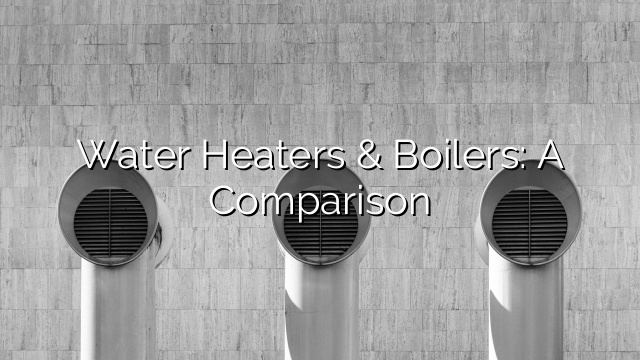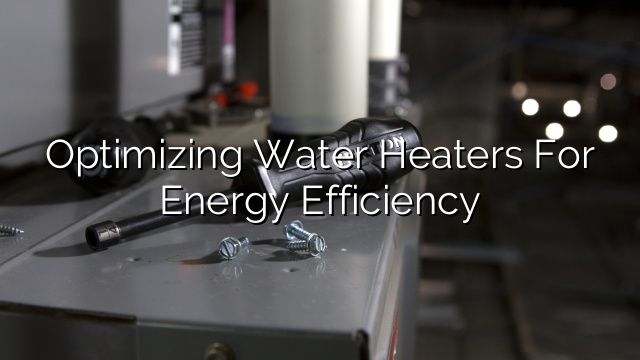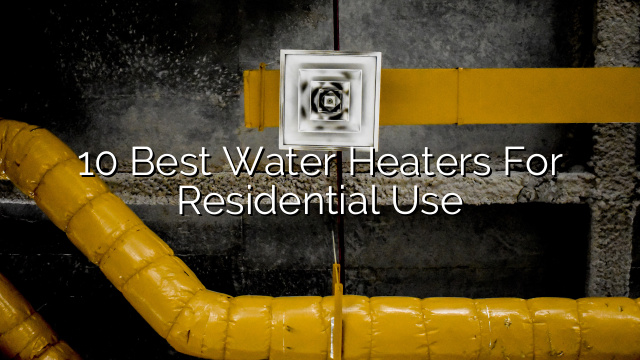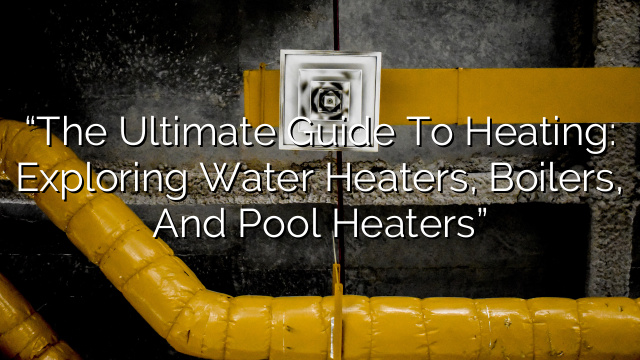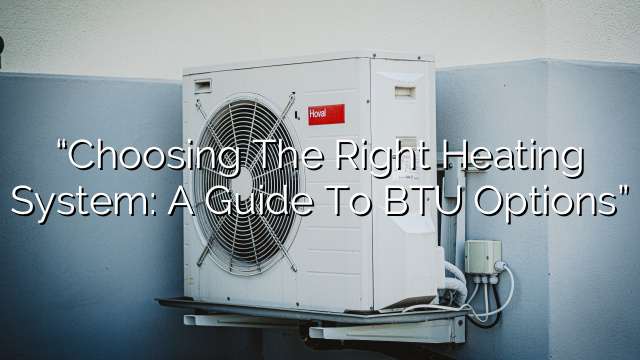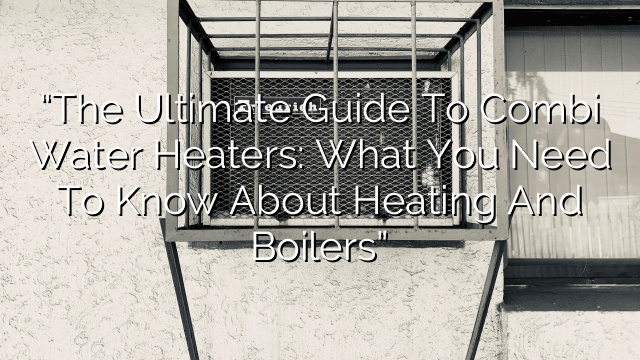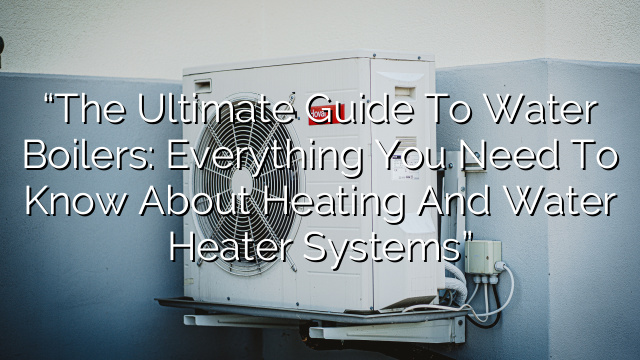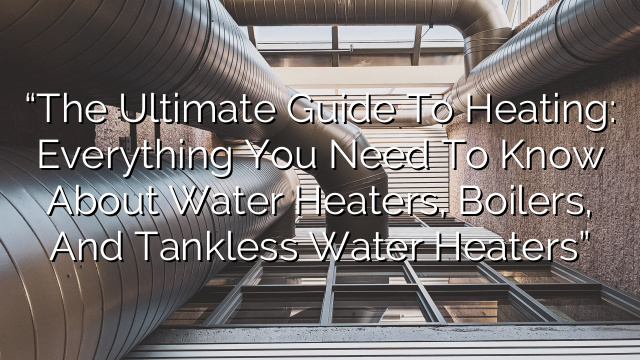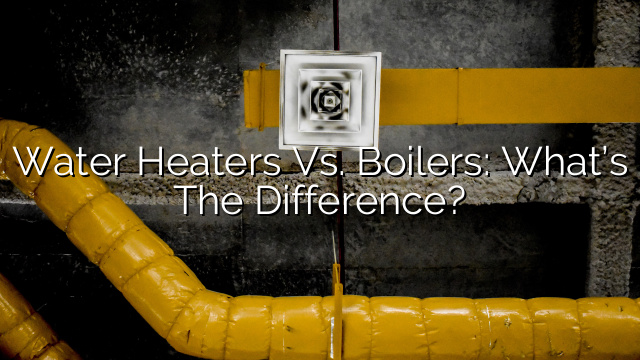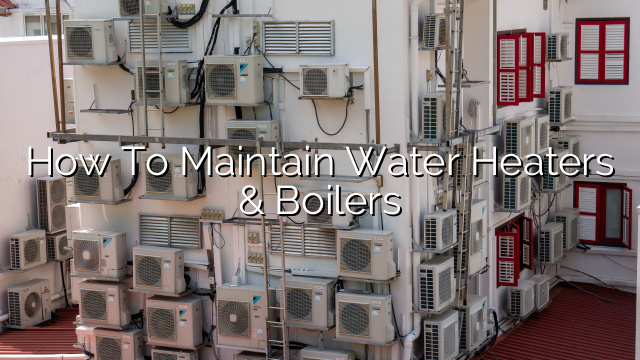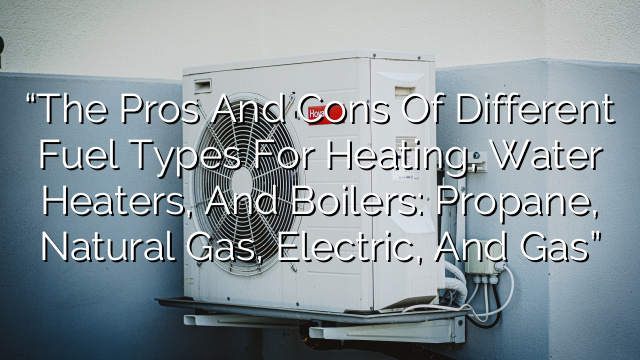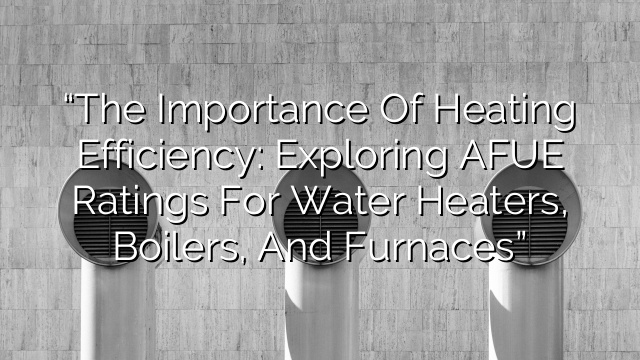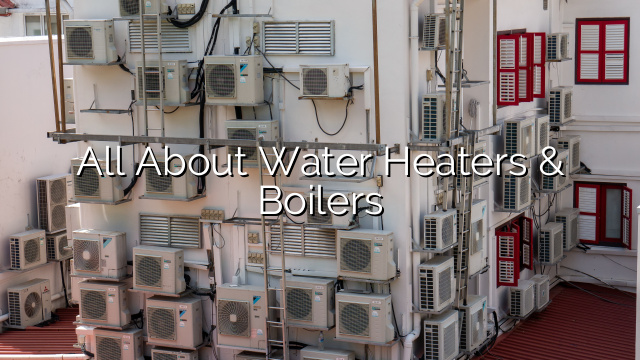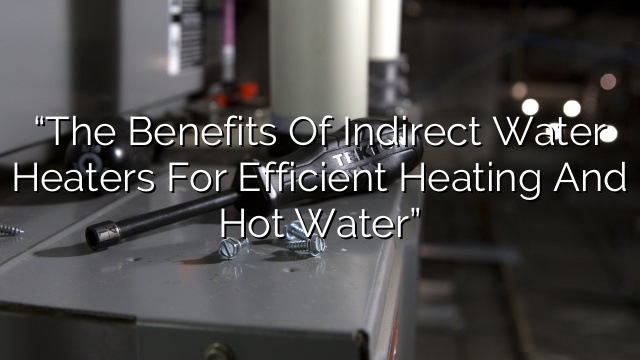Introduction
Water heaters and boilers are two common appliances used to heat water in homes and commercial buildings. While they serve the same purpose, there are significant differences between the two. In this blog post, we will compare water heaters and boilers in terms of their functions, types, energy efficiency, installation, maintenance, and cost. By the end of this post, you will have a clear understanding of which option is best suited for your needs.
Functions
A water heater is primarily designed to provide hot water for daily use, such as showering, washing dishes, and doing laundry. It heats water directly and stores it in a tank for on-demand use. On the other hand, a boiler is used for heating purposes, such as heating a home or building. It heats water indirectly and circulates it through radiators, baseboard heaters, or radiant floor systems to provide heat.
Types
Water heaters typically come in two types: tankless and tank-style. A tankless water heater, also known as an on-demand water heater, provides hot water instantly without the need for a storage tank. It heats water as it flows through the unit using either gas burners or electric heating elements. On the other hand, a tank-style water heater stores and heats a specific amount of water in a tank, ranging from 20 to 80+ gallons, depending on the size of the unit.
Boilers also come in various types, including conventional boilers, system boilers, and combi boilers. A conventional boiler, also known as a regular boiler, requires a separate hot water storage tank and cold-water storage tank. It is suitable for homes with high hot water demands. System boilers, also known as sealed system boilers, have built-in components like expansion vessels and circulation pumps, eliminating the need for external tanks. Combi boilers, short for combination boilers, provide both heating and hot water from a single unit without the need for separate tanks.
Energy Efficiency
When it comes to energy efficiency, tankless water heaters and combi boilers are the most efficient options. Tankless water heaters only heat water when it is needed, eliminating standby energy loss. Combi boilers, on the other hand, heat water on demand without needing a storage tank. This means they do not have to keep heating water when it is not in use, resulting in energy savings. Tank-style water heaters and conventional boilers are less energy-efficient as they continuously heat and maintain the temperature of the stored water.
Installation
The installation process for water heaters and boilers varies depending on the type and the existing plumbing system. Tankless water heaters require professional installation as they may require modifications to the existing gas or electrical connections. They also require proper venting to exhaust combustion byproducts. Tank-style water heaters are relatively easier to install, but they require space for the storage tank and proper ventilation.
Boiler installation is more complex compared to water heaters. It involves connecting the boiler to the heating system, including radiators, baseboard heaters, or underfloor heating pipes. Conventional boilers require additional tanks for storing hot water, which adds to the complexity of the installation process. Professional installation is highly recommended for both water heaters and boilers to ensure safety and efficiency.
Maintenance
Both water heaters and boilers require regular maintenance to ensure their proper functioning and longevity. Tankless water heaters typically have a longer lifespan compared to tank-style water heaters. They require periodic descaling and flushing to prevent mineral build-up that can affect performance. Tank-style water heaters should be drained annually to remove sediment from the tank.
Boilers also require regular maintenance to keep them in optimal condition. This includes inspecting and cleaning the burner and heat exchanger, checking and adjusting the water pressure, and bleeding radiators, if necessary. Some boilers may require annual servicing by a qualified technician to maintain their warranty. Proper maintenance helps improve energy efficiency, prevent breakdowns, and prolong the lifespan of both water heaters and boilers.
Cost
The cost of water heaters and boilers can vary depending on the type, size, brand, and installation requirements. Tankless water heaters are usually more expensive upfront compared to tank-style water heaters. However, they have a longer lifespan and lower operating costs, making them a cost-effective choice in the long run.
Boilers, especially combi boilers, can also be more expensive than water heaters, mainly due to their complexity and additional components. Installation costs for boilers are typically higher, especially if modifications to the existing heating system are required. However, boilers are known for their energy efficiency, which can result in long-term savings on energy bills.
FAQs
Q: Can a tankless water heater supply enough hot water for a large household?
- A: Yes, tankless water heaters are capable of supplying hot water for large households. However, it is important to choose a unit with an adequate flow rate and determine the appropriate number of units needed based on the hot water demand.
Q: Are combi boilers suitable for homes with multiple bathrooms?
- A: Yes, combi boilers are suitable for homes with multiple bathrooms as they can provide hot water on demand. However, the flow rate may vary depending on the unit’s capacity, so it is important to choose a combi boiler with sufficient output.
Q: How often should a water heater be replaced?
- A: The lifespan of a water heater varies depending on the type, brand, and maintenance. On average, tankless water heaters can last up to 20 years, while tank-style water heaters may need to be replaced every 10-15 years.
Q: Can a boiler be used for domestic hot water?
- A: Yes, boilers can be used for domestic hot water. Combi boilers are specifically designed to provide both heating and hot water from a single unit, while conventional boilers can be used in conjunction with a separate hot water storage tank.
Q: Are there any energy-saving tips for water heaters and boilers?
- A: Yes, here are a few energy-saving tips for water heaters and boilers:
- Lower the thermostat temperature to a comfortable level rather than turning it up too high.
- Insulate hot water pipes to reduce heat loss.
- Use faucet aerators and low-flow showerheads to reduce water consumption.
- Consider installing a timer or programmable thermostat to control heating schedules.
- Regularly maintain and clean the appliances to ensure optimal performance.
Conclusion
Water heaters and boilers are essential appliances for meeting our hot water and heating needs. While water heaters focus on providing hot water for daily use, boilers are designed to provide heating for buildings. It is important to understand the differences between the two and consider factors such as energy efficiency, installation requirements, maintenance, and cost when choosing the best option for your needs. Remember to consult with a professional to ensure a safe and efficient installation.

